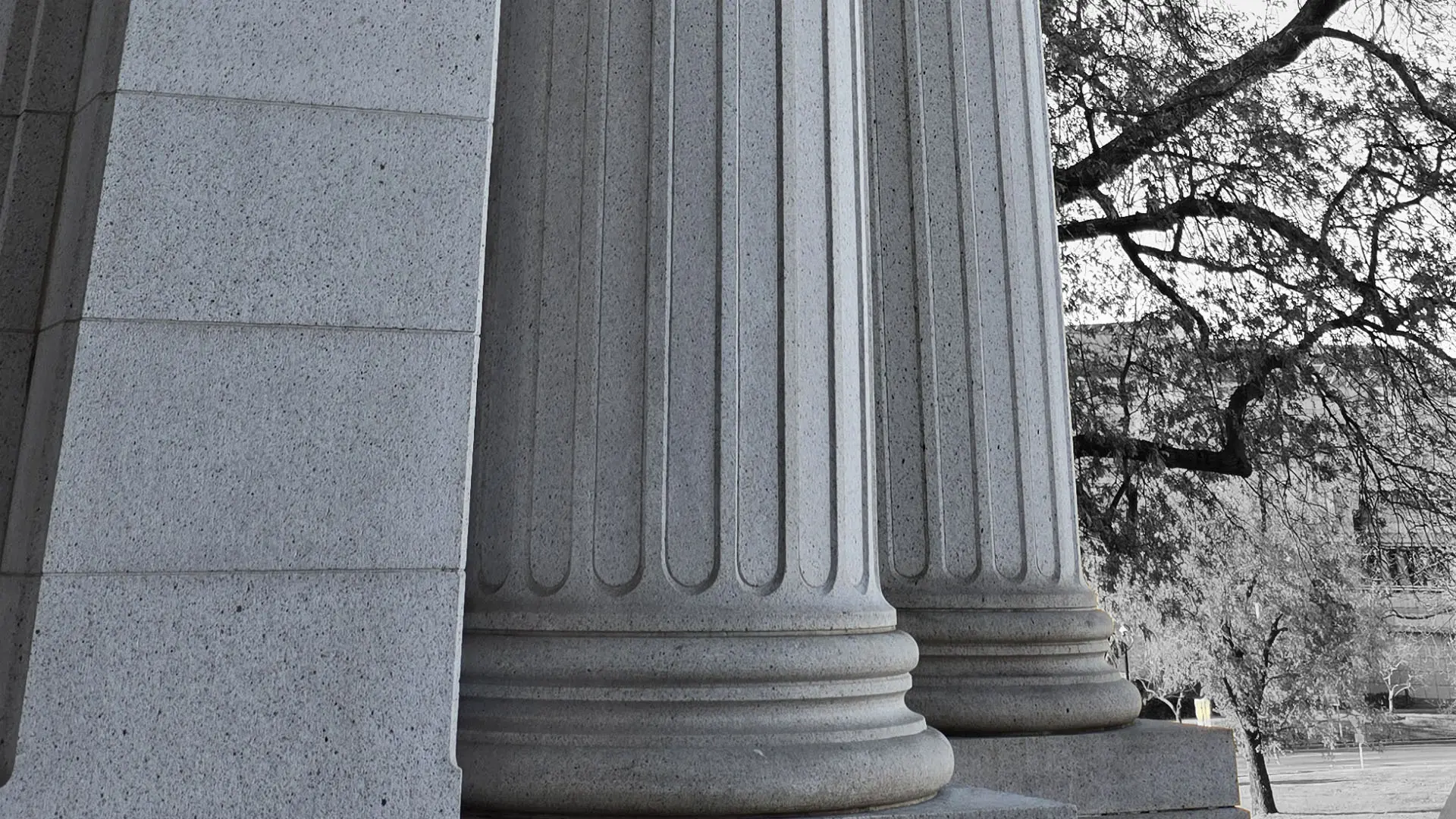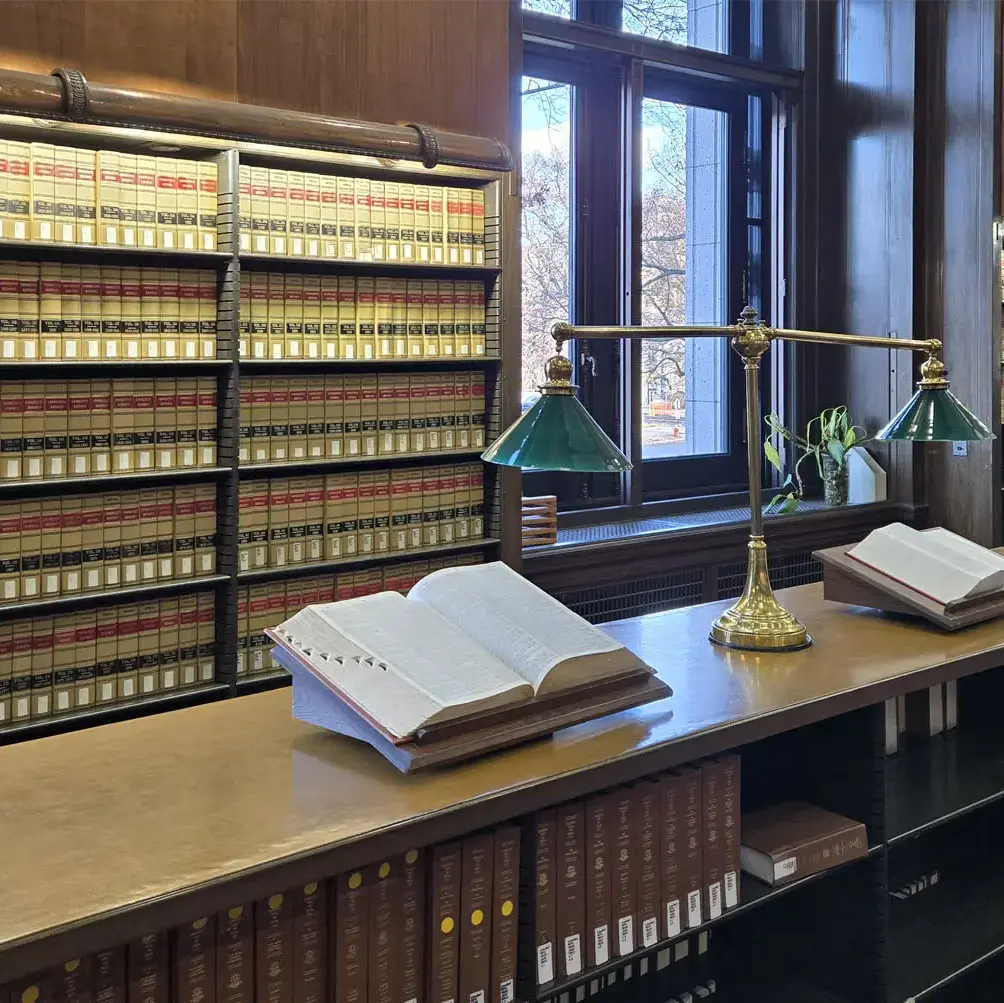As a Connecticut appellate attorney, I often work with trial attorneys at the post-judgment stage—sometimes on a full appeal, but other times to explore whether an appeal can be avoided. One way to do that in Connecticut is by filing a motion to reargue / motion for reconsideration—formally known as a Practice Book § 11-11 motion.
These motions are sometimes overlooked or dismissed as futile. I often hear trial attorneys say, “The judge already ruled against us—what’s the point of moving to reargue?” But that reflects a common misunderstanding.
What Is a Practice Book § 11-11 Motion?
Practice Book § 11-11 motions are not about rehashing arguments the trial court already addressed. They are not a vehicle to express disagreement with a court’s reasoning or result. But they are an important tool to use when the court overlooked or misstated something critical, such as a dispositive legal argument or key factual point.
And they can work.
Judges are busy. They review a high volume of filings and issue rulings on a wide range of issues under tight time constraints. They are also human. Mistakes happen. A § 11-11 motion gives the trial court an opportunity to correct a material oversight before the matter proceeds to the appellate level.
If successful, you and your client obtain a new, corrected trial court decision. If unsuccessful, you have developed the record further for appeal.
Timing and Delaying the Appeal Period Under Practice Book § 11-11
A Practice Book § 11-11 motion must be filed after final judgment and within 20 days of that judgment. (If seeking review of a non-final judgment, a party would instead proceed under Practice Book § 11-12.)
Importantly, a timely filed § 11-11 motion delays the start of the appeal period. That provides trial counsel—and their clients—some breathing room while evaluating next steps. With that said, I do not advise filing a frivolous motion to reargue/motion for reconsideration simply to extend the time to file an appeal. Instead, if a party needs additional time to file an appeal, consider filing a motion for extension of time to file an appeal, pursuant to Practice Book § 66-1 (a).
Procedural tip: Review the rules carefully. Practice Book § 11-11 motions must include the decision which is the subject of the motion, the name of the judge who issued the decision, the specific grounds the party relied on, and on the bottom of the first page of the motion that such motion is a Section 11-11 motion. Failure to include that provision on the bottom of the first page is a basis for the trial court to deny the motion, but technical non-compliance does not necessarily preclude delaying the appeal period.
Strategic Reasons to File a § 11-11 Motion in Connecticut
Some of the circumstances when a § 11-11 motion is appropriate include:
1. The Court Failed to Address a Controlling Legal Argument
If, for example, you raised three dispositive points in your post-trial brief and the court’s ruling only addresses two, a motion can alert the court to the oversight.
2. The Court Misapplied Controlling Law
This is not about disagreement over interpretation. Rather, a motion to reargue is appropriate when the court cites or applies the wrong legal standard altogether.
3. The Decision Includes Key Factual Errors or Inconsistencies
A motion to reargue/motion for reconsideration can help point out factual oversights or errors that affected the trial court’s decision. Doing so in a § 11-11 motion provides the trial court an opportunity to fix the errors—potentially negating the need to appeal, or strengthening your position for appeal.
Why § 11-11 Motions Matter in Appellate Strategy
In the right case, a Connecticut motion to reargue/ motion for reconsideration can make all the difference. It can result in a modified ruling that eliminates the need for an appeal. It can help ensure that the trial court’s ruling addresses all relevant arguments, clarify the record, and shore up the issues for any appeal that may follow.
But even if the court denies the motion, you have still preserved the record and signaled to the appellate court that the issue was raised in a timely and professional manner.
Final Thoughts on Practice Book § 11-11 Motions
Practice Book § 11-11 motions are not always warranted—but they should not be written off entirely. If you are unsure whether the ruling in your case leaves room for a motion to reargue or reconsider, it may be worth taking a closer look before the appeal period runs.
If you have questions about whether a motion to reargue makes sense in your case—or want to talk through post-judgment strategy more broadly—please feel free to contact me.


